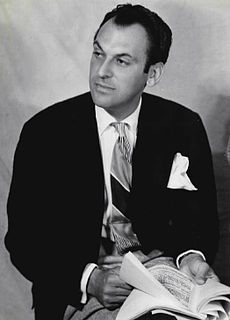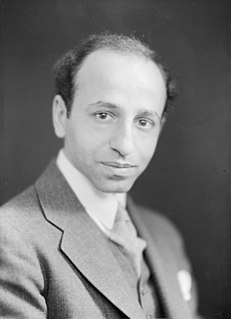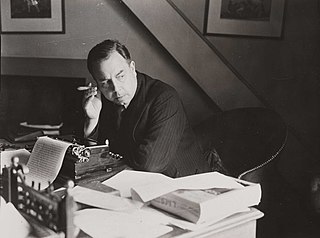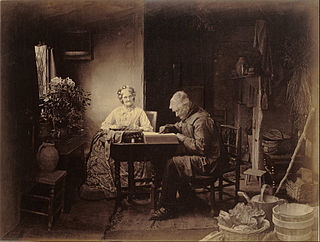A Quote by Moss Hart
Without vanity a writer's work is tepid, and he must accept his vanity as part of his stock in trade and live with it as one of the hazards of his profession.
Related Quotes
It's part of a writer's profession, as it's part of a spy's profession, to prey on the community to which he's attached, to take away information - often in secret - and to translate that into intelligence for his masters, whether it's his readership or his spy masters. And I think that both professions are perhaps rather lonely.
A good stylist should have narcissistic enjoyment as he works. He must be able to objectivize his work to such an extent that he catches himself feeling envious and has to jog his memory to find that he is himself the creator. In short, he must display that highest degree of objectivity which the world calls vanity.
A writer never forgets the first time he accepted a few coins or a word of praise in exchange for a story. He will never forget the sweet poison of vanity in his blood and the belief that, if he succeeds in not letting anyone discover his lack of talent, the dream of literature will provide him with a roof over his head, a hot meal at the end of the day, and what he covets the most: his name printed on a miserable piece of paper that surely will outlive him. A writer is condemned to remember that moment, because from then on he is doomed and his soul has a price.
Most people dislike vanity in others, whatever share they have of it themselves; but I give it fair quarter, wherever I meet with it, being persuaded that it is often productive of good to the possessor, and to others who are within his sphere of action: and therefore, in many cases, it would not be altogether absurd if a man were to thank God for his vanity among the other comforts of life.
When Vanity kissed Vanity, a hundred happy Junes ago, he pondered o'er her breathlessly, and, that all men might ever know, he rhymed her eyes with life and death: "Thru Time I'll save my love!" he said. . . yet Beauty vanished with his breath, and, with her lovers, she was dead. . . -Ever his wit and not her eyes, ever his art and not her hair: "Who'd learn a trick in rhyme, be wise and pause before his sonnet there". . . So all my words, however true, might sing you to a thousandth June, and no one ever know that you were Beauty for an afternoon.






































